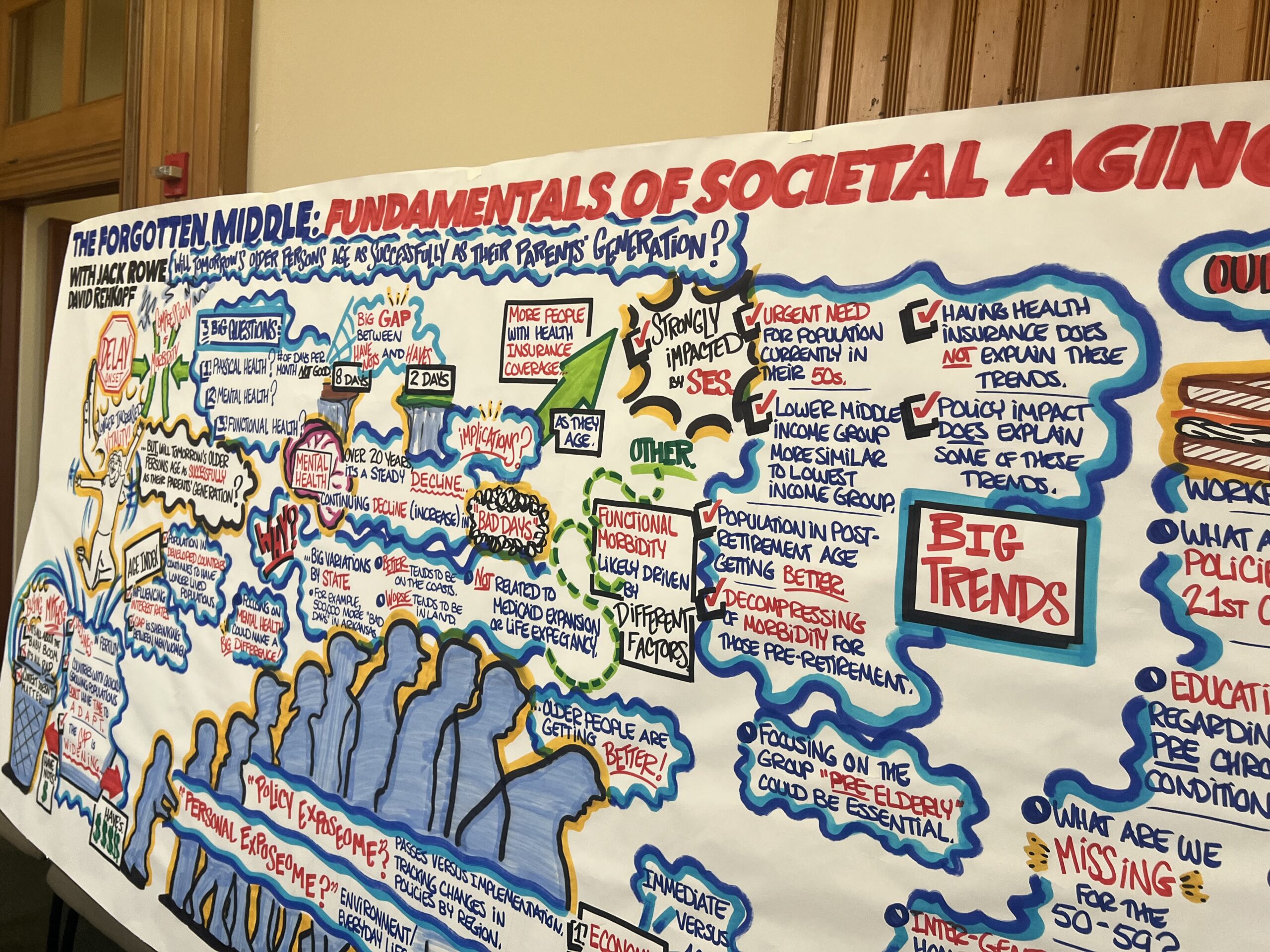On a cold, cloudy day, whose mind doesn’t turn to travel — perhaps somewhere fascinating and warm? We asked Tom Kamber for travel tips on our What’s Next Living Longer Better Smarter podcast.
Tom is executive director of AARP’s Older Adults Technology Services (OATS) and Senior Planet. He is a leading expert on aging and technology.
Kamber: AARP just released survey results on how older adults use technology for travel. As the executive director of older adults technology services, I’m interested in how many older adults — people over 50 — travel. More than two-thirds say they plan to spend substantial amounts of money traveling, with the average cost over $6,000.
We looked into how they used technology in their travel planning. There’s still a lot of desire to learn more, and not everybody uses all the tech that can help them travel well. So, we’ve put together many resources to help people use technology resources to put together their dream trip.
Artificial intelligence — AI — is everywhere, including in the travel space.
For example, you can use Chat GPT or Gemini. Both use natural language prompts. For example, say, “I’m interested in making a trip to Central Europe during a specific month, and I only have six days, and I want to see a lot of castles or ski resorts. AI will gather suggestions from different sources to give you specific itinerary options. Remember that AI can be imperfect, so you must check the results.
You can also be more specific. Ask it to give you a 4-day itinerary from Amsterdam to Prague and include a Night Train. It will provide you with all sorts of helpful information, but you’ll have to go back and check each step to ensure that what it gives you is accurate. AI is a good starting point for travel planning.
Price comparison tools: Our survey found that many people aren’t using price comparison tools. Before you book, we suggest you go to one of the comparison sites, such as Expedia, Kayak, or TripAdvisor. Try them out. Many people like to book at hotel or airline sites because they feel it’s slightly more direct and don’t know how to avoid fraud. In that case, do it wherever you’re comfortable with it. However, using the comparison site before you book can help you better understand what to expect to pay for travel and hotels.
Travel apps: Before you go, get your airline and hotel apps. The airlines make it easier to manage their notifications and let you know about the entertainment on a flight and do things like that. Having the app for the hotels you’re going to and other accommodations is helpful. It beats having to consult Google Maps.
We recommend people use digital wallets because they allow you not constantly to carry cash or have an alternative. Depending on whether you have an iPhone or an Android, you can set up Apple Pay or Google Pay on your phone.
Tracking devices: Finally, we think using those tracking devices in your luggage or other things that may go missing is helpful. Get those Air Tags or Tiles. They’re about $20. Then put it in a pocket in the suitcase. If the suitcase arrives at the wrong airport, you’ll know where it is, and the airline baggage service can return it to you faster. Then you and the airline will know where your bag is.
Check out the What’s Next – Living Longer Better Smarter podcasts at Mary Furlong & Associates for more insights, tips, and bright ideas.
#olderadults #seniorliving #seniortravel





0 Comments